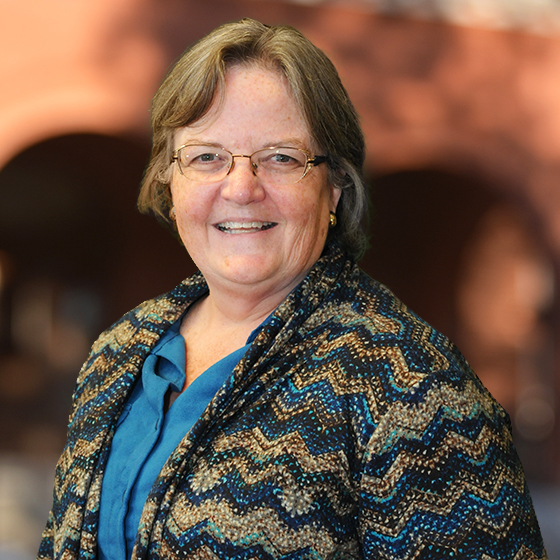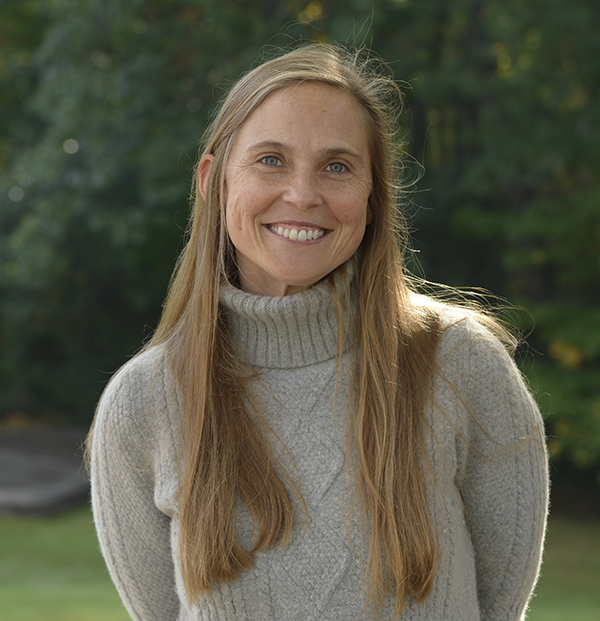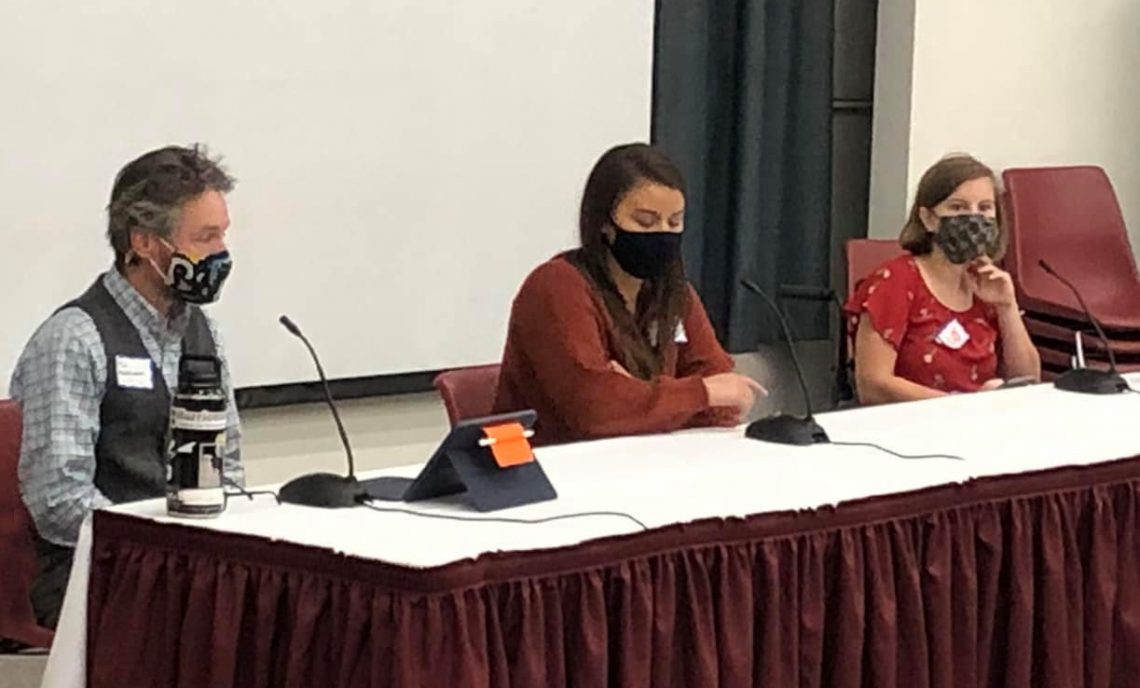FARMINGTON, ME (September 30, 2021)—The University of Maine at Farmington hosted the first Inclusive Maker Summit on Saturday, Sept. 25, 2021, to support rural students with and without disabilities in STEM education and career pathways.
The event, funded through a National Science Foundation INCLUDES Planning grant, brought together over 40 Maine educators, administrators, librarians, students with disabilities, and other community stakeholders to network and share knowledge around broadening the participation of rural students through accessible makerspaces. The $96,377 grant was secured by Gina Oswald, UMF associate professor of rehabilitation services, and Theresa Overall, UMF professor of secondary education.
“A makerspace is simply a ‘space’ filled with tools, resources, and work surfaces where people gather to design and ‘make’ something new,” explained Overall.
 Theresa Overall, UMF professor of secondary education
Theresa Overall, UMF professor of secondary education
Participants gathered at UMF to engage in meaningful discussions and hands-on activities focused on facilitating accessible measures and fostering inclusion of all students within makerspaces, locations where individuals are able to prototype, test and refine solutions to real-world problems and products to meet community needs.
“During the previous grant activities that involved surveying teachers and completing site visits to makerspaces around the state of Maine, we learned that many teachers were already engaging in makerspace-type activities,” said Oswald. “Unfortunately, these teachers often feel isolated within their own schools and communities, unable to problem-solve everyday issues and concerns or expand their activities beyond their classrooms. We recognized quickly that makers around the state need a network and resources to thrive and bring meaningful STEM-related makerspace activities to rural students of all abilities.”
 Gina Oswald, UMF associate professor of rehabilitation services
Gina Oswald, UMF associate professor of rehabilitation services
The keynote speaker at Saturday’s event was Sylvia Martinez, author of “Invent to Learn: Making, Tinkering and Engineering in the Classroom,” a book hailed as the “bible of the maker movement in schools.” In addition, a three-person expert panel included Lily Bailey, UMF NSF Consortium member and local student; Hailey Howard, vocational rehabilitation counselor II at the Maine Division of Vocational Rehabilitation; and Paul Meinersmann, Technology & Makerspace Director at St. George Municipal School Unit.
 (Left to right) Paul Meinersmann, Hailey Howard and Lily Bailey
(Left to right) Paul Meinersmann, Hailey Howard and Lily Bailey
Breakout sessions also included presentations from Jeff Bailey and Matt McWilliams from Mountain Valley High School, John Brandt of Maine CITE, Susan Capwell of Searsport District Middle/High School, Stephen LaRochelle and Joseph Brittelli from Kennebec Valley Community College, and Theresa Overall of UMF.
Presentation topics included small maker activities for the classroom;, how to scale the ideas of the Maker Movement for your lesson, unit, classroom, or school; using different scanner types to create a 3D printable self-portrait; how to make electronic content (word documents, pdfs, videos, etc.) accessible; using Scratch and TinkerCAD software; and what do makerspaces around the country and the world look like.
Tours of the accessible Makerspace at UMF’s Mantor Library, the Center for Assistive Technology in the Spenciner Curriculum Materials Center, and Everyone’s Resource Depot in the Theodora J. Kalikow Education Center were also provided.
Exhibitors shared resources for funding opportunities for classroom teachers, information about Engineering Week, and a display of individual backpacks each with a Science, Technology, Engineering, or Mathematics (STEM) focus (astronomy, entomology, forensic science and architecture.) The “STEM kits to go” backpacks contain books and hands-on materials related to each focus (a telescope, plaster casting materials, butterfly net).
Overall described the event as, “A day of networking and learning. We created opportunities for conversations among like-minded individuals, whether their commonalities were the grade levels they served or their geographic proximity to each other. Participants who weren’t even sure what a makerspace was, as well as some of Maine’s pioneers in maker education, all felt they left the event with new ideas and next steps they could take in their pursuit of inclusion.”
# # #
Media Contact: Gina Oswald, UMF associate professor of rehabilitation services, at gina.oswald@maine.edu
EDITOR’S NOTE:
Link to image on WordPress: https://www.umf.maine.edu/wp-content/uploads/sites/1/2021/09/RP212-011A.jpg
Photo Caption: Gina Oswald, UMF associate professor of rehabilitation services
Photo Credit: UMF Image
Link to image on WordPress: https://www.umf.maine.edu/wp-content/uploads/sites/1/2021/09/RP212-011B.jpg
Photo Caption: Theresa Overall, UMF professor of secondary education
Photo Credit: UMF Image
Link to image on WordPress: https://www.umf.maine.edu/wp-content/uploads/sites/1/2021/09/RP212-011C.jpg
Photo Caption: (Left to right) Paul Meinersmann, Technology & Makerspace director at St. George Municipal School Uni;, Hailey Howard, vocational rehabilitation counselor II at the Maine Division of Vocational Rehabilitation; and Lily Bailey, UMF NSF Consortium member and local student
Photo Credit: UMF Image

